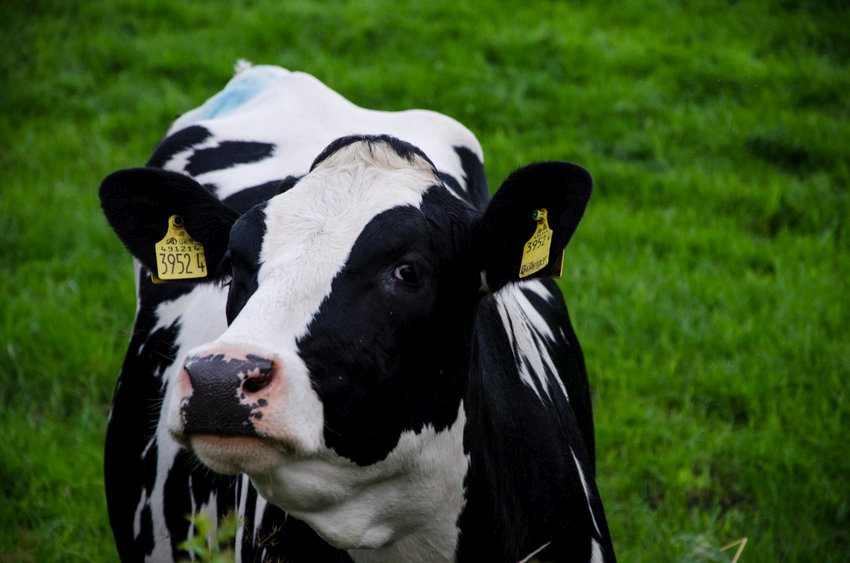
A livestock vaccination guideline has been launched to help improve the health and welfare of the UK dairy, beef and sheep sectors.
The new guideline, published by NOAH, brings together current veterinary clinical experience and research to demonstrate a best practice approach to vaccination.
The body, which represents the animal health trade, said the guideline provided "a new vision and guidance" for the animal health industry.
Livestock vaccination can be complex, but provides significant benefits for animal health and welfare, and also for food, economic and job security in the UK.
The guideline encourages discussion between farmers and vets to help them apply effective vaccination strategies on farm, catalysing change to ensure that the benefits from livestock vaccination are realised.
Launching the guideline today, Dawn Howard, chief executive of NOAH, discussed the importance of an effective livestock vaccination strategy.
She highlighted how vaccines must be utilised to their best advantage to keep livestock, and the general public, healthy.
“Our livestock vaccination guideline aims to ensure that those who make decisions about animal health and vaccination across the industry and on the farm have access to best practice guidance.
“We are focusing on priority diseases and those conditions where increased uptake of vaccination can make a real difference to the level of disease across animal populations," she said.
“This will not only help improve health and welfare on individual farms but also help raise health and welfare levels across the whole country."
Jonathan Statham, chair of the Animal Health and Welfare Board for England, who helped write the guideline, said vaccinations had a major positive impact on animal health and welfare.
He asked: "How well is the true potential of vaccination really being harnessed and how can we improve our current approach?
"To answer this question requires a fresh and challenging review of current practice, which is what this guideline aims to achieve."
Joe Henry, Royal College of Veterinary Surgeons, who also helped write it, added: “Vaccination has many roles to play in delivering more profitable, sustainable, and higher welfare beef production.
"From helping to achieve good fertility in beef cows to reducing the impact of disease in calves, ranging from slow growth rates, morbidity and mortality.”
The livestock vaccination guideline is available to read on NOAH's website.
